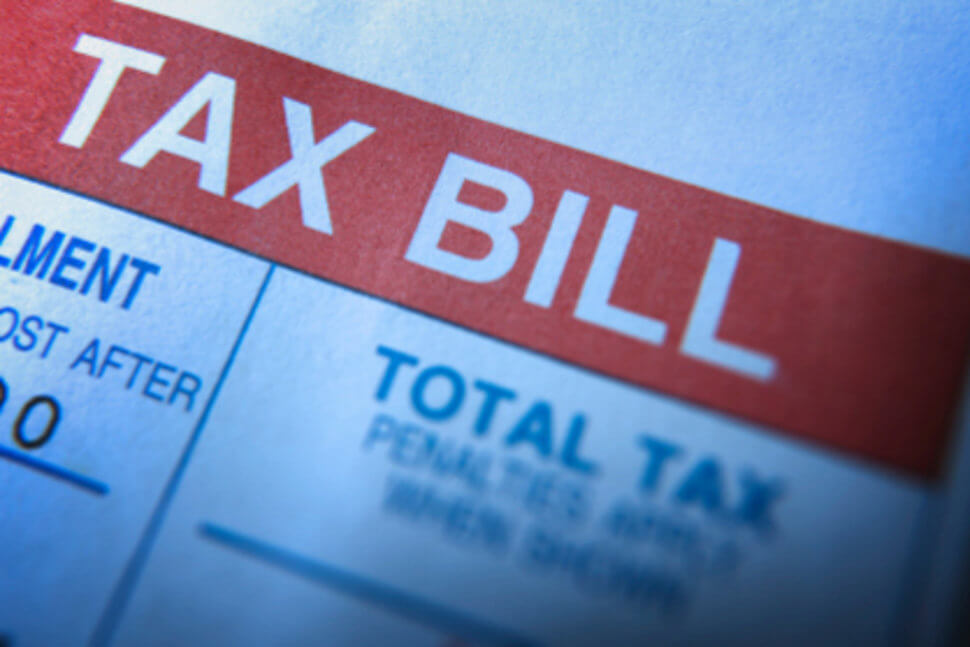New Tax Bill & Your Retirement Account
By Jordan Sheppherd

As we ring in 2018, a lot of clients are looking to the new tax bill to see how its going to affect them, and what opportunities it offers to save some of their hard-earned money.
The biggest question on our clients’ minds is “Were any changes made that affect my IRA LLC or Solo 401(k)?”
There was some talk early on about doing away with tax-deferred accounts, and requiring that all contributions to retirement plans be made on an after-tax (Roth) basis. I didn’t take that kind of talk seriously then, and I don’t now. I won’t say it will never happen, but there are economic and political considerations that will make it very difficult if not impossible, for that idea to have any traction with lawmakers.
Thankfully, this bill more or less left retirement accounts alone.
Roth Re-characterizations Done Away With
The biggest change in this bill was that Roth IRA re-characterizations were entirely axed. It used to be that if you contributed or converted to a Roth IRA, you had a certain amount of time to “re-characterize” that conversion or contribution. Say you converted some stock at the end of 2016, which was worth $100,000 at the time of conversion. Lets say a few months after the conversion, the stock takes a nose dive to $70,000. Under the re-characterization rule, you could essentially undo the conversion at $100,000 and redo it it at the lower value of $70,000, so long as you did it in time. It was a handy planning tool, but no longer, as this bill completely killed re-characterizations of any Roth contributions or conversions. Now if you contribute or convert to a Roth IRA, it is an irrevocable decision.
Small 401(k) Loan Change
There was another notable change, though it doesn’t affect IRA LLCs or Solo 401(k)s. This change gives people who have an outstanding loan from a 401(k) of an employer they no longer work for, a longer grace period to repay the loan if they’re behind on payments. If you have quit your job, and have a loan outstanding from your old 401(k), you should contact your plan administrator to find out how the new change affects your loan.
New Solo 401(k) Contribution Limits
For Solo 401(k) clients, 2018 will bring a slightly higher employee contribution limit. For people under 50 years old, employee deferral limits went up to $18,500, while people over 50 years, they still have the $6,000 catch-up for a total of $24,500.
Contribution limits in general also went up slightly. For those under 50 years old, the limit is now $55,000 and for those over 50 years old, $61,000.
Planning Opportunities
This bill will dramatically alter the way many people structure their business affairs. Some people will benefit from moving their business affairs under a corporation, while others will consider setting up an LLC to take advantage of the massive pass-through deduction.
Over a dozen top attorneys recently got together to publish a white paper entitled The Games They Will Play: Tax Games, Roadblocks, and Glitches Under the New Legislation, which details a number of ways to arrange your affairs to save on taxes. Its an interesting read, and will hopefully trigger some tax-saving, conversations between people and their tax attorney and CPA.
Good News for Unrelated Business Income Tax (UBIT)
The new corporate tax rate of 21% opens some very interesting planning opportunities for people who are engaged in activity with their IRA LLC or Solo 401(k) that triggers UBIT. The problem with UBIT has always been that any retirement account that triggers the tax, pays that tax at the trust rate. Trust rates top out at almost 40%. Ouch.
This new bill allows for a new strategy of employing a C-Corp to reduce that rate to a flat 21%, and perhaps even lower, given how funky you want to get with planning.
Thanks to all our clients for making 2017 our biggest year to date, and here’s hoping 2018 is a profitable year for all of us.


0 Comments